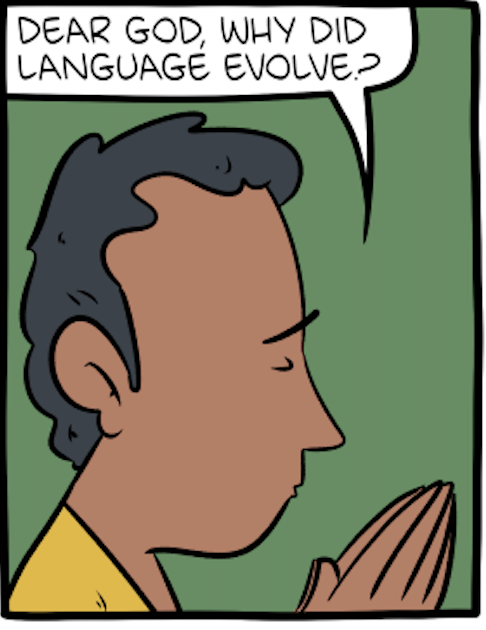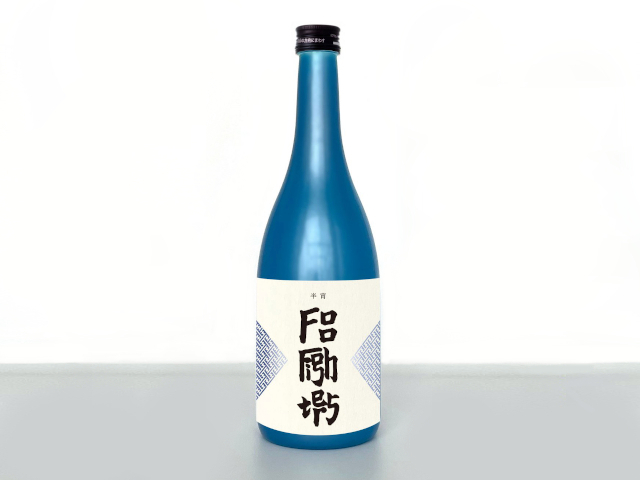Archive for January, 2021
Jabroni
The most recent Dinosaur Comics:
The mouseover title: "sorry to any jabronis reading this who didn't know yet that they were jabronis. honestly though that's such a jabroni situation to find yourself in"
Read the rest of this entry »
Bronze, iron, gold, silver
In our ongoing quest to link up linguistics with archeology, we have had numerous posts involving Iranian-speaking peoples spreading from west to east and bringing culture and language with them. When I say "culture", I mean technological as well as spiritual, artistic, architectural, and other aspects, plus social customs and political organization. Because the Iranian-speaking peoples were so active in spreading diverse manifestations of culture, I often refer to them as Kulturvermittlers par excellence.
Among the more prominent features of culture that Iranian-speaking peoples transmitted across Eurasia was metallurgy. That includes all four of the main metals: bronze, iron, gold, and silver. The first two were mainly for weapons and implements, and where they went, they transformed military affairs, agriculture, and daily life. The changes that bronze and iron brought about amounted to revolutions of civilization. Gold and silver were primarily for ornament and embellishment, and the Iranian-speaking people created breathtakingly beautiful works of art out of these precious metals
Read the rest of this entry »
"(Political) party" in the Analects
A select quotation from the Confucian Analects (Zǐlù 13.18):
Shè gōng yù Kǒngzǐ yuē:`Wú dǎng yǒu zhígōng zhě, qí fù rǎng yáng, ér zi zhèng zhī. 'Kǒngzǐ yuē:`Wú dǎng zhī zhí zhě yì yú shì. Fù wèi zi yǐn, zi wèi fù yǐn, zhí zài qí zhōng yǐ.'
葉公語孔子曰:「吾黨有直躬者,其父攘羊,而子證之。」孔子曰:「吾黨之直者異於是。父為子隱,子為父隱,直在其中矣。」
The Duke of She informed Confucius, saying, "Among us here there are those who may be styled upright in their conduct. If their father have stolen a sheep, they will bear witness to the fact." Confucius said, "Among us, in our part of the country, those who are upright are different from this. The father conceals the misconduct of the son, and the son conceals the misconduct of the father. Uprightness is to be found in this." (trans. James Legge)
Read the rest of this entry »
Of chains and Old Sinitic reconstructions
[This is a guest post by Rhona Fenwick]
Though best-known for its titanic consonantal inventory, Ubykh also has an etymologically fascinating vocabulary, heavy with loans from a diverse array of sources. Many of these are drawn from the indigenous lexicons of its Circassian and Abkhaz sisters, but Circassian and Abkhaz both also acted as proxies by which Ubykh became a linguistic placer deposit of sorts, receiving substantial loan strata from millennia of the ebb and flow of Kartvelian, Turkic, Mongolic, Semitic, and Indo-European cultural tides. More recently the Ubykh nation’s exodus from their homeland and subsequent exile in Anatolia, following extensive genocides at the end of the Great Caucasian War (Ubykh: Adəɣaʁʷərda ‘the Rape of Circassia’), added yet another layer of complexity and invested the language with loans from whole new branches of Indo-European, Turkic, and Semitic. This makes compiling an Ubykh etymological dictionary a complex and challenging project, and while engaged in it I’ve often found myself having to track etymologies along paths that lead deep into other language stocks entirely. This post began as a question to Victor Mair while I was playing bloodhound along one such trail, and it was on his suggestion that I reworked it into a post for LL. Thank you for having me!
Read the rest of this entry »
Toward a Linguistically Valid Radiotelephony Spelling Alphabet
[This is a guest post by Frank Southworth]
Most subscribers to Language Log will be familiar with the NATO alphabet, and other alphabets such as the U.S. military version, which are used for spelling names and other words over the telephone and radio. I personally had experience with the military version when I served in the U.S. Army. It worked reasonably well, because Army people were accustomed to it, but–for a number of reasons–I do not find it useful now for occasions when I have to spell words over the phone.
However, there seems to be a need for such an alphabet, and I would like to invite any linguists interested in developing one which would meet some key linguistic criteria (see next paragraph) to join me in creating it. The version presented below is my first attempt, which I offer as a model to be discussed and modified as needed.
Read the rest of this entry »
Hokkien renaissance
This is cause for rejoicing:
Linguist Sim Tze Wei has been accused of trying to divide the Chinese people, as there are those who see the use of other Chinese languages ‘as a sign of disunity and weakness’
But he points out that Chinese immigrants to Asia have for generations been speaking their own languages, which are being edged out as more turn to learning Mandarin
Randy Mulyanto, SCMP, 1/24/21
When Sim Tze Wei began working to raise awareness of the Hokkien language, he never expected he would be accused of trying to divide the Chinese people.
“Han Chinese nationalists everywhere are keen to equate Mandarin to [real] Chinese,” said Sim, adding that there are those who find ethnic Chinese people speaking in Chinese languages other than Mandarin “as a sign of disunity and weakness”.
The Malaysian-Chinese linguist, who is in his mid-30s, is president of the Hokkien Language Association of Penang. Through the association, Sim is campaigning for the wider use of Hokkien, and advocating that it be reinstated as a language of instruction in independent and Chinese primary schools in the northern Malaysian state, as he fears Hokkien will “continue to be eroded by Mandarin and English”.
Read the rest of this entry »
Persian peaches of immortality
When I visited Samarkand about 35-40 years ago (before digital days), I ate some of these luscious, mythic peaches:
Read the rest of this entry »
Spinach: the Persian vegetable
The other day, when we were discussing where Napa cabbage came from, Diana Shuheng Zhang mentioned to me that the Chinese word for "spinach", bōcài 菠菜, indicates that it came from Persia. She's usually right about such things, and she was in this case too:
From earlier 波斯菜 (bōsīcài), from 波斯 (Bōsī, “Persia”) + 菜 (cài, “greens, vegetable”).
where bōsī 波斯 is obviously a transcription of "Persia":
Borrowed from Old Persian (Pārsa).
Middle Sinitic: /puɑ siᴇ/
(source)
Read the rest of this entry »





